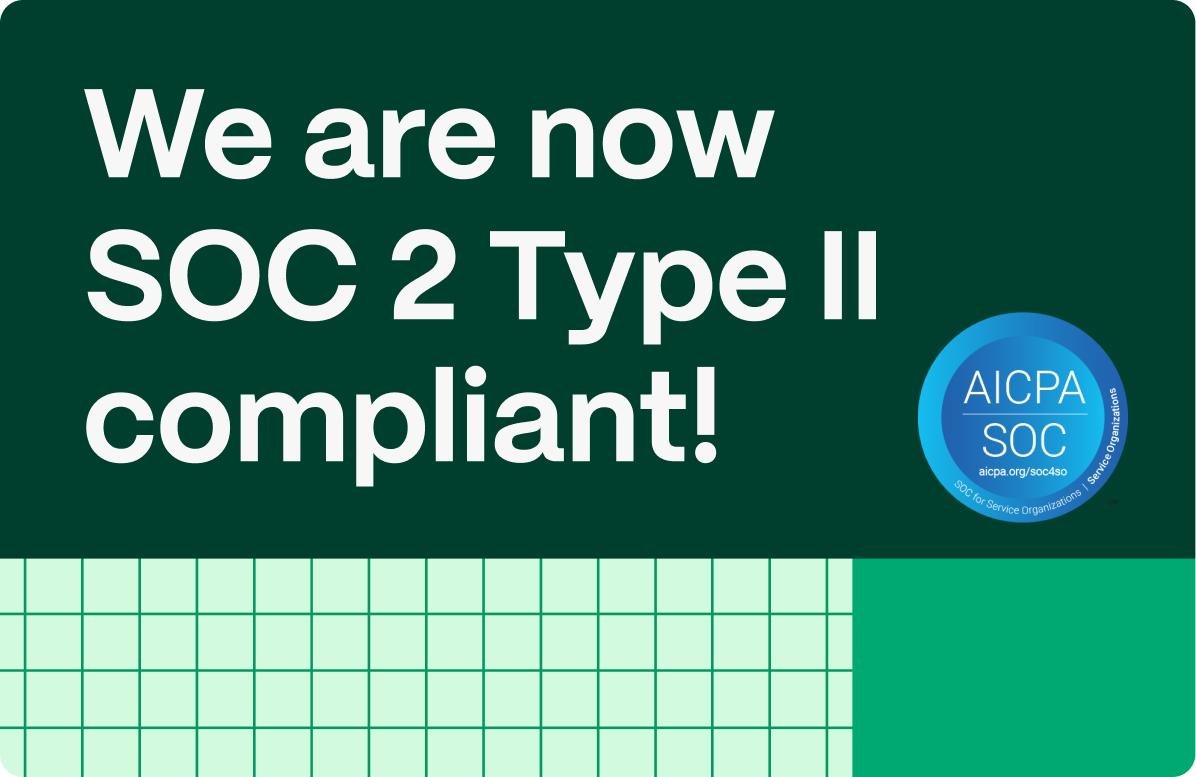Clockwise Designer Amy He was struggling to understand the Clockwise algorithm that optimizes users’ calendars. To help, Clockwise Back-End Engineer Andrew Israel showed her how to do it manually.
Fascinated, Amy spent half an hour manually optimizing a sample calendar. Then, she ran the algorithm. “I realized by moving this meeting I messed up another person’s calendar,” Amy said. “I was only dealing with two calendars! It blew my mind to think about how complicated it is to make calendars ideal for a team.”
That experience gave her an idea. The next Hack Day, Amy started to create a game where players optimize calendars. “I could only mock it up,” Amy said. “I am not a gamer. I had no idea how to do it. I gave up after one day of exploration and switched to another project.”
Then, Raph D’Amico joined the Clockwise Design team. Shortly after, Amy told Raph about her idea for the game.
“Oh, interesting,” Amy recalls Raph saying. “I actually already built it.”
There’s a lot of discussion in machine learning about how to teach machines to have empathy for humans. But, Raph and Amy wanted to build their empathy for the scheduling algorithm.
"If you don't internalize the way the machine sees the world, you'll end up with an accidental Skynet," Raph said.
“When I first joined Clockwise, I went through a process I went through a lot of times before—to understand something, you make it into a game,” Raph said.
He built a new game, Defragged, “in order to more fully understand and empathize with the restrictions the Clockwise algorithm has to work around to optimize our calendars,” Raph said. Clockwise optimizes hundreds of connected calendars at a time, based on more than ten factors, including preserving the most Focus Time for the team.

Raph debuted the first edition of Defragged for his first Curiosity. Named after one of our five values, Curiosity is when one Clockwiser each week gives a five-minute presentation on something they find interesting (“An awesome Clockwise ritual, by the way!” Raph said.) “It was exactly what I’d dreamed about,” Amy said. It enables players to “see how complicated it is and why we’re interested in solving this problem.”
Gaming for empathy
This past Hack Day, over the course of two days Raph combined Amy’s newest monsters with more levels of game play to create the latest version of Defragged.
Defragged’s cute monsters help make a thorny problem more approachable. Abstracting high-stakes concepts to make them more accessible is a tried-and-true tactic seen in Inside Out’s anthropomorphized emotions or You’re Wrong About’s examination of moral panics through 90’s tabloid nostalgia.
In Raph’s opinion, games are the best (and sometimes only) way to put ourselves in the shoes of a person (or a cute monster) and empathize with their situation. He cites classic examples of empathy-generating games like Papers, Please, Cart Life, and Sim City as well as less-obvious examples like Observation, where you take on the AI of a space station.
19th century French economic lessons from gaming
Another thing games can do is illuminate the unseen forces impacting our lives. In his 1850 essay, French economist Frédéric Bastiat introduced the world to the “broken windows fallacy.” The lesson is that it’s tempting to optimize for what is readily apparent while ignoring downstream, unseen effects. If we break all the windows in a city today, the window repair shops will profit enormously. But the unseen effect is destroying value and impoverishing the city.
Both Amy and Raph were keenly aware of how technology can create its own unintended consequences. Amy noticed that by streamlining scheduling, calendar software was making it easier to mess up each other’s days with tons of meetings.
“I’m obsessed with behavior change,” Raph said. “Our environments heavily influence our behaviors and we can create environments that facilitate better behavior.
At Timeful, Raph helped build what he calls "the world's most sophisticated time blocking app," and enjoyed the blissfully free calendars of a small startup. After Google acquired Timeful, the team found their calendars "annihilated" with meetings, as is common in larger orgs.
“No one wants to hurt other people. But they can’t avoid it. Our brains are not able to predict how our individual decisions affect 30 people’s calendars,” Raph said. Without the proper infrastructure, even the time blocking experts didn’t think about how their actions were negatively impacting others’ calendars.
Defragged helps illustrate how scheduling meetings impacts Focus Time across teams. “That’s why each monster each has their own needs and preferences,” Amy said. “It’s actually very challenging to manage a calendar to make a team happy.”
Give Defragged a play! And if you haven’t yet, sign up for Clockwise to get the algorithm working for you.






